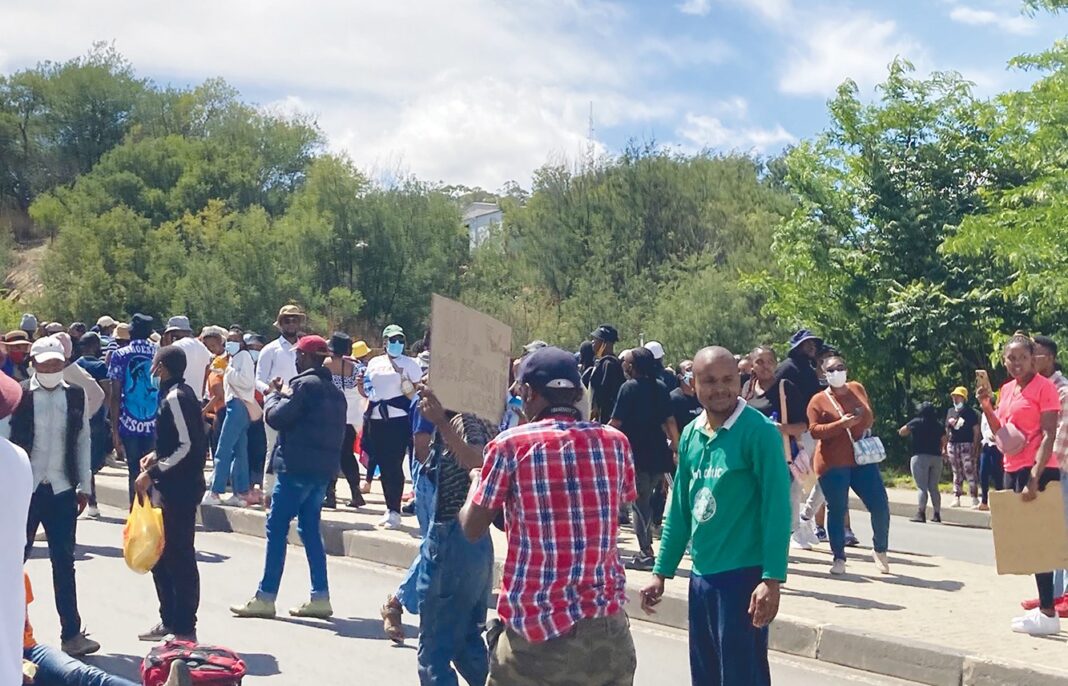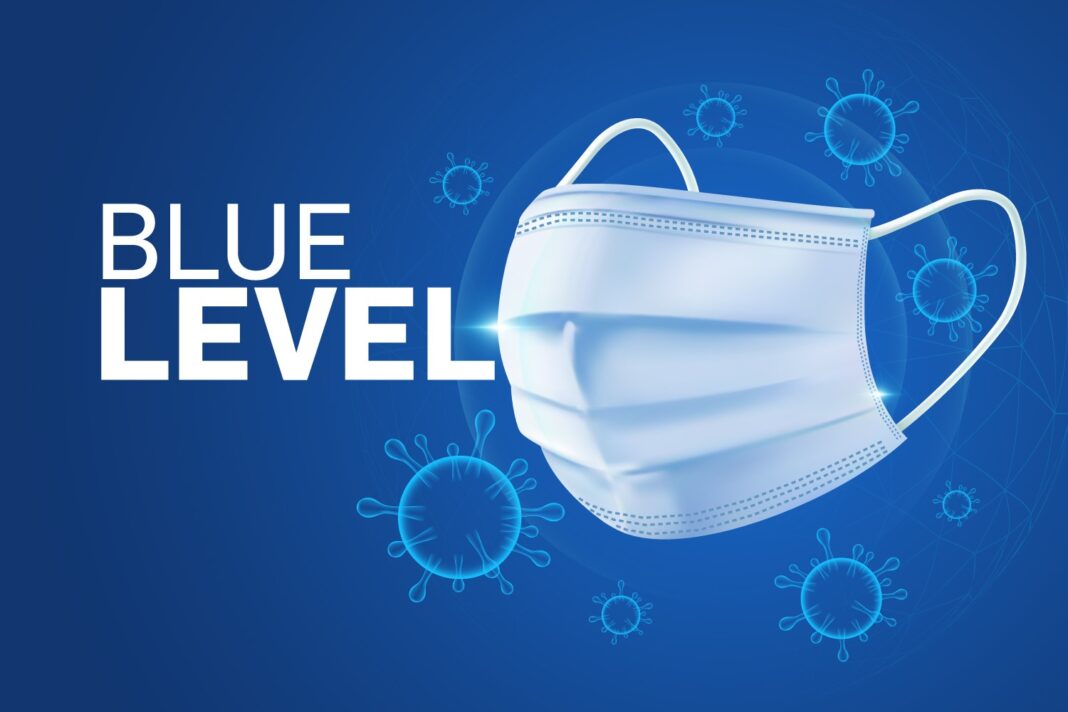By Neo Kolane
As Lesotho experiences a new surge in Covid-19 cases, there are mounting calls for contact tracing to be intensified and conducted thoroughly in areas that have emerged as hotspots for the pandemic.
The Leribe district recently saw an outbreak in schools, that broke out from June 8, resulting in an increase of positive cases in the country.
According to the latest NACOSEC statistics, a total of 570 new cases have been recorded since then.
Contact tracing involves interviewing patients to collect information on all the people they have had sustained contact with and all the places they have been. It is said to be laborious and error-prone because it is dependent on memory, interviews and detective work.
Contact tracing involves interviewing patients to collect information on all the people they have had sustained contact with and all the places they have been. It is laborious and error-prone because it is dependent on memory, interviews and detective work.
According to health publication Time.com, it is a little like detective work: trained staff interview people who have been diagnosed with a contagious disease to figure out who they may have recently been in contact with. Then, they go tell those people they may have been exposed, sometimes encouraging them to quarantine themselves to prevent spreading the disease any further.
The current contact tracing follows a heightened scale of contact tracing that began in January to out find people who came in contact with those who may have died of Covid-19 and never tested.
According to the National Covid-19 Secretariat (NACOSEC), contact tracing is done to identify people who got infected with the virus from physical interaction with those already infected. It has always been there but not at this magnitude. We are doing it because of the rate at which people are dying.
“We want to break that chain of infection; if a person has contact with someone who tested positive, we want to shut down their movement completely,” he added.
Once someone has been confirmed to be infected with the virus, such as through a positive COVID-19 test, contact tracers try to track down others who have had recent prolonged exposure to that person when they may have been infectious.
Typically, that exposure means being within six feet of the person for more than 10 minutes, although in a health care setting, such as a hospital, the bar is lowered to five minutes.
Healthcare workers then make an effort to reach out to every one of those contacts, tell them that they may have been exposed, and giving those instructions on what to do next. That may include telling them about possible symptoms or directing them to self-isolate.
Speaking to theReporter, the district administrator of Leribe Mohlophehi Mohobela said people are reluctant to test.
Mohobela was mindful of a case in which a child died and the family members said they could not test because the child was not treated well at Motebang hospital.
“It is not a lot of cases where people resist but I think it happens due to lack of knowledge,” Mohobela said.
On behalf of the DICOSEC in the ThabaTseka district, a medical doctor who did not want to be named said the district health management team (DHMT) members were collaborating in their efforts to prevent the spread of the virus.
He said that they get transportation from the District COVID-19 Secretariat (DICOSEC) and the manpower from the DHMT.
“COVID-19 activities are dependent on NACOSEC. What is lacking is the transport, in order to trace those infected,” he said.
He added that finding family members of a “positive patient is easy because they involve community leaders and being reluctant to test is something natural.”
“But so far people have not been so reluctant to undergo testing,” the medic said.
Tracing COVID-19 infections has proven particularly difficult as some infected people do not show any symptoms, and the period of time between getting infected and becoming infectious appears to be relatively short.









